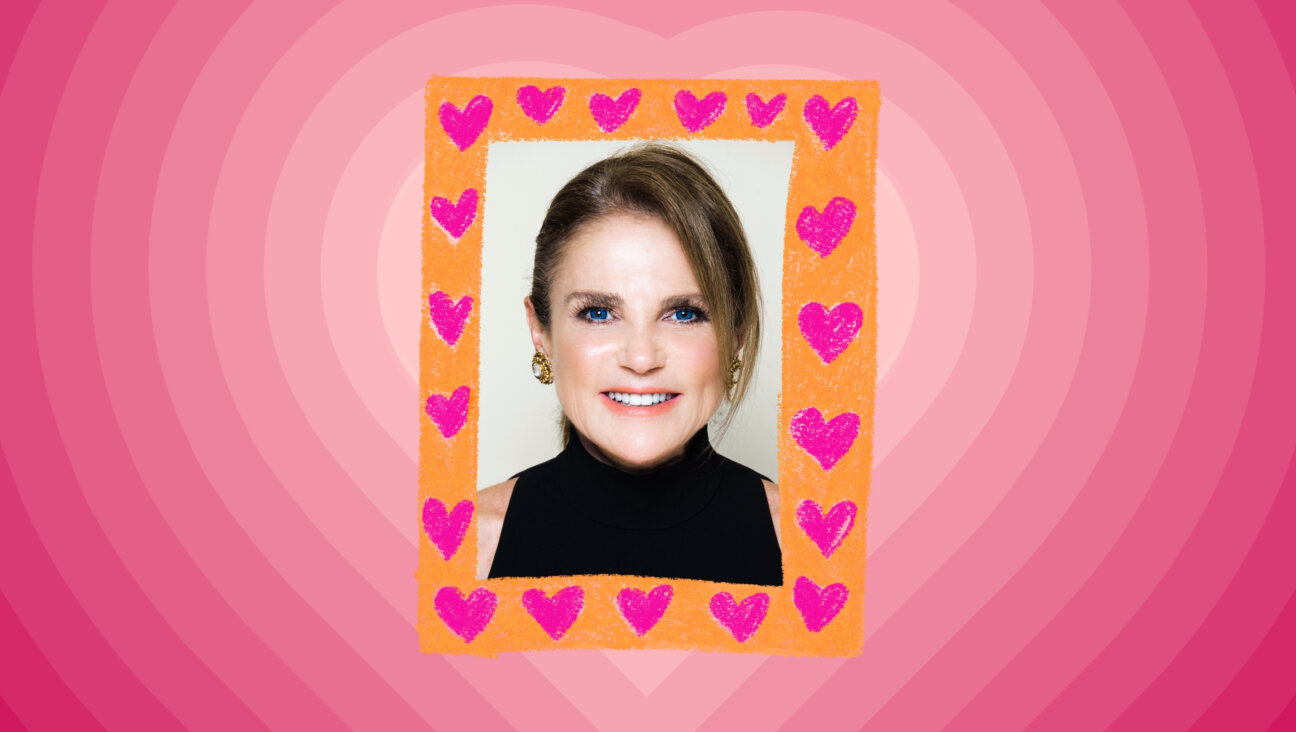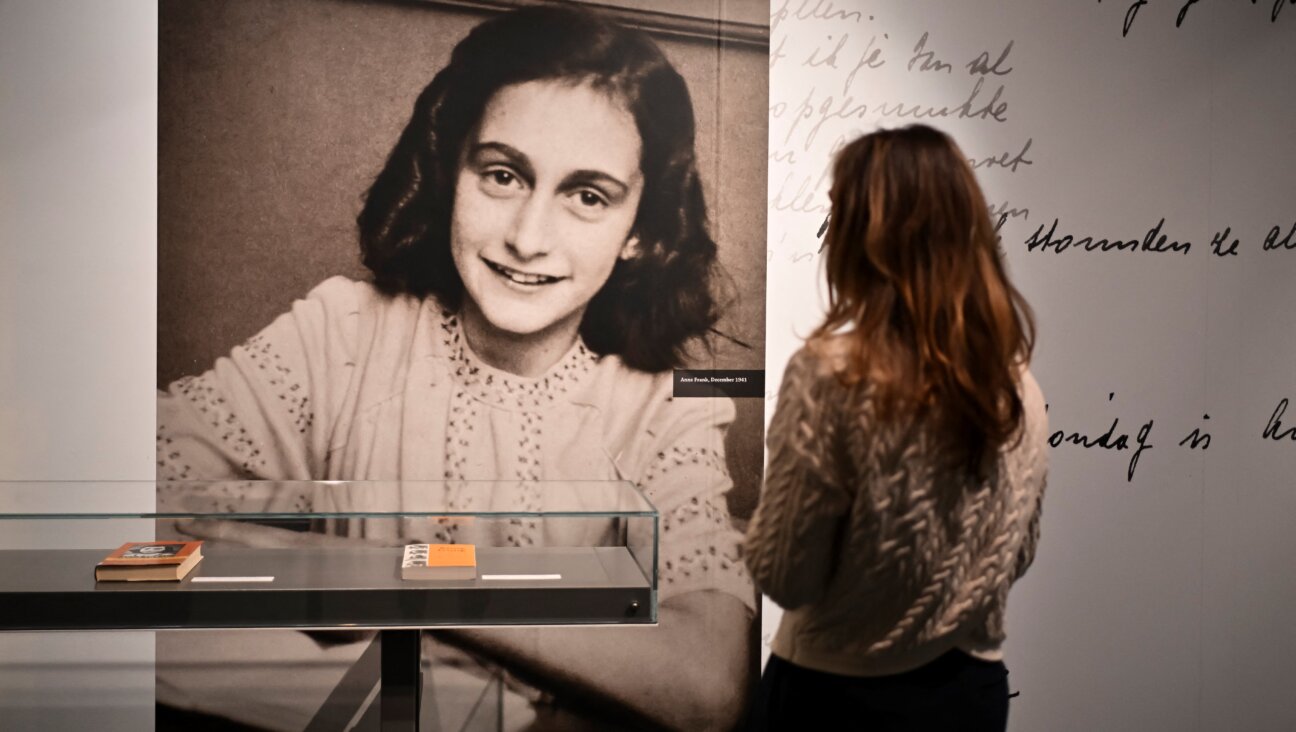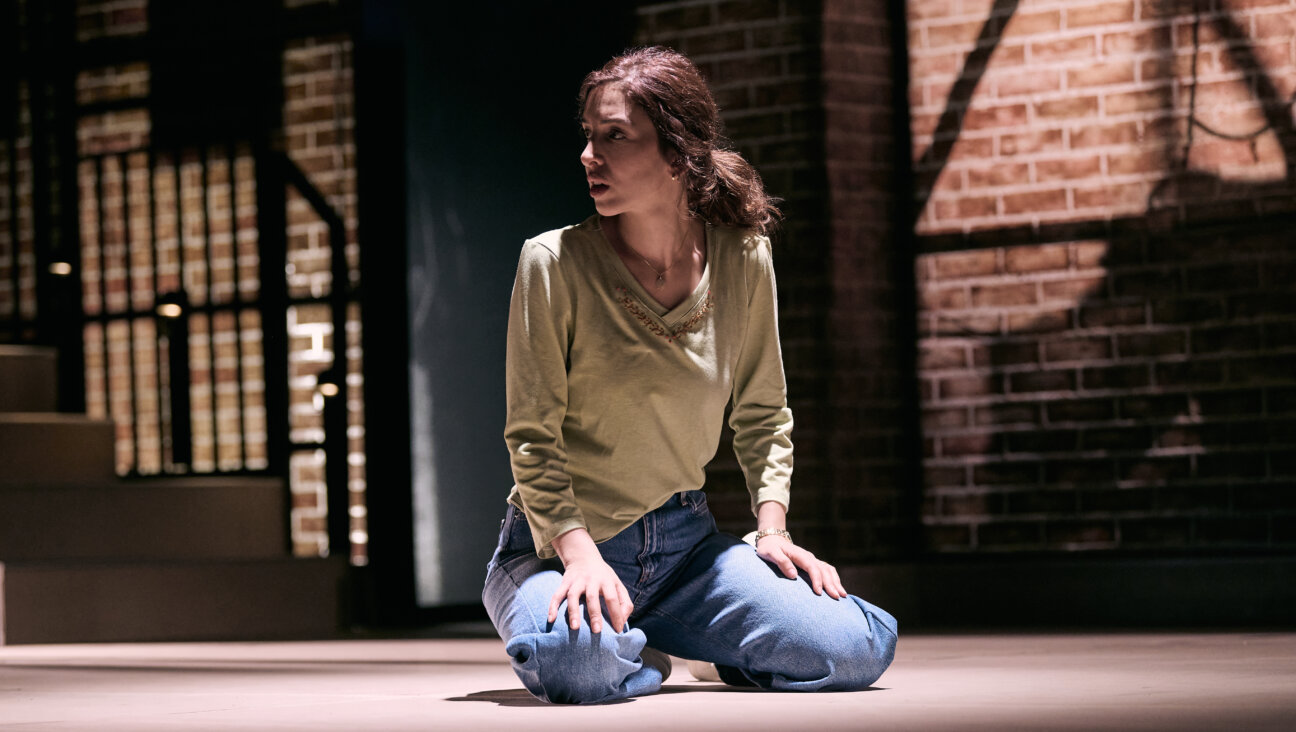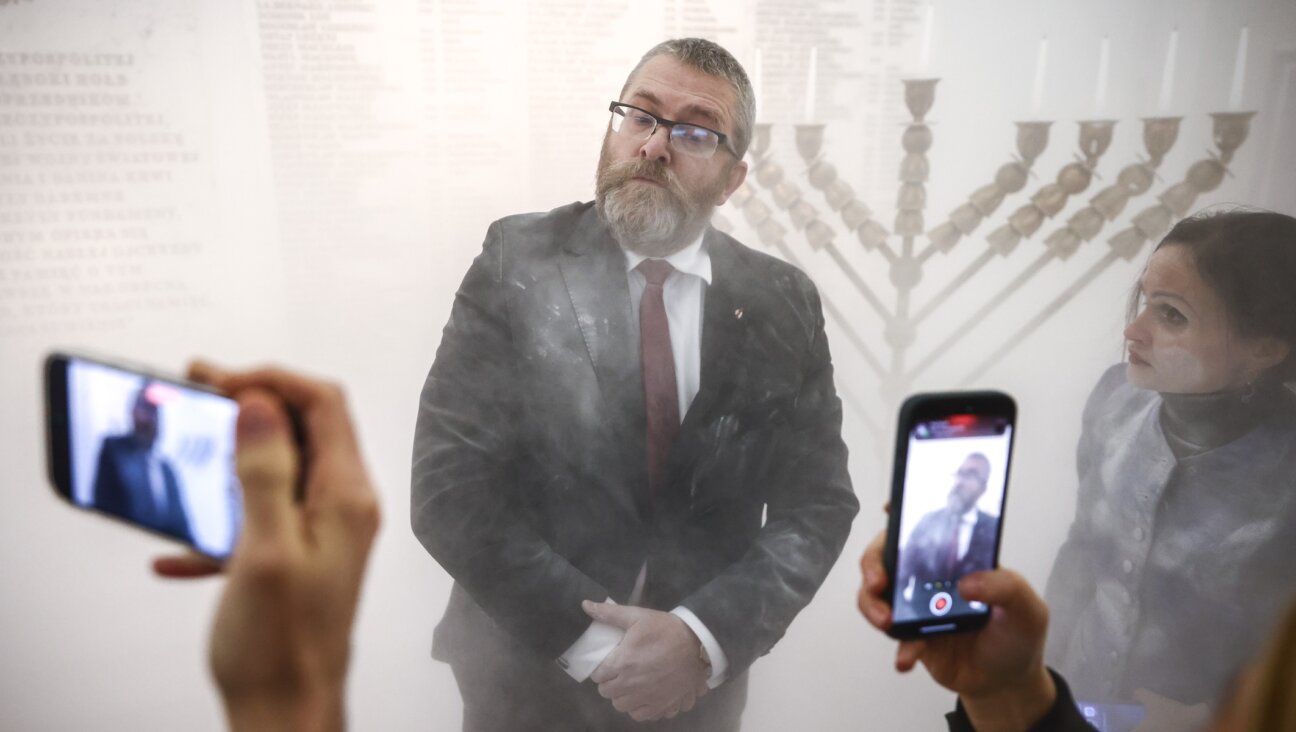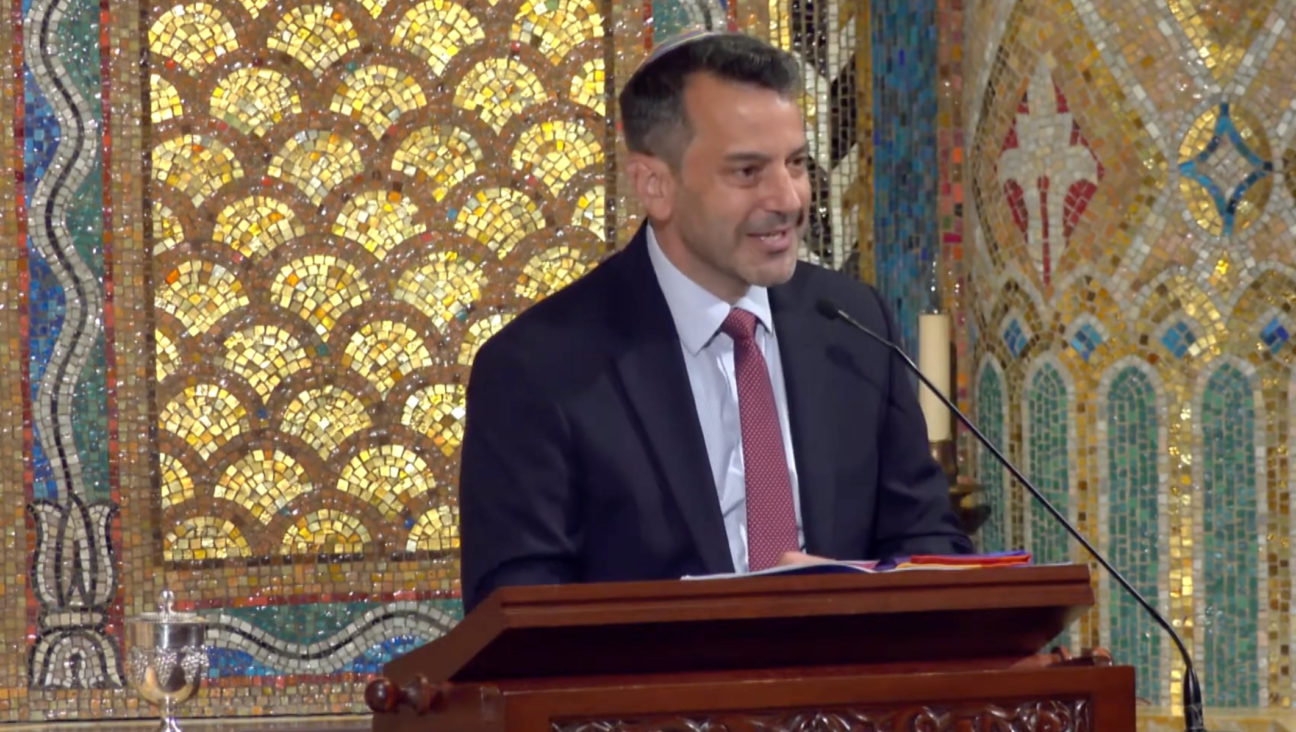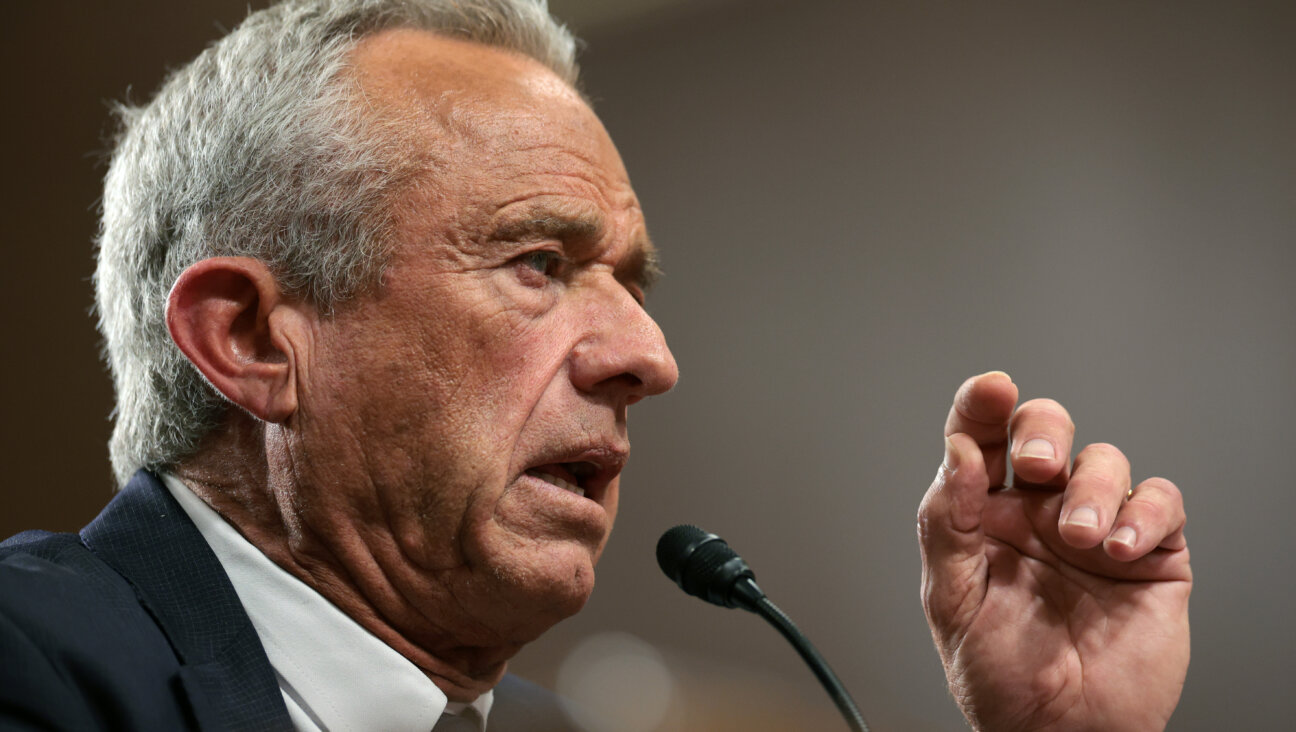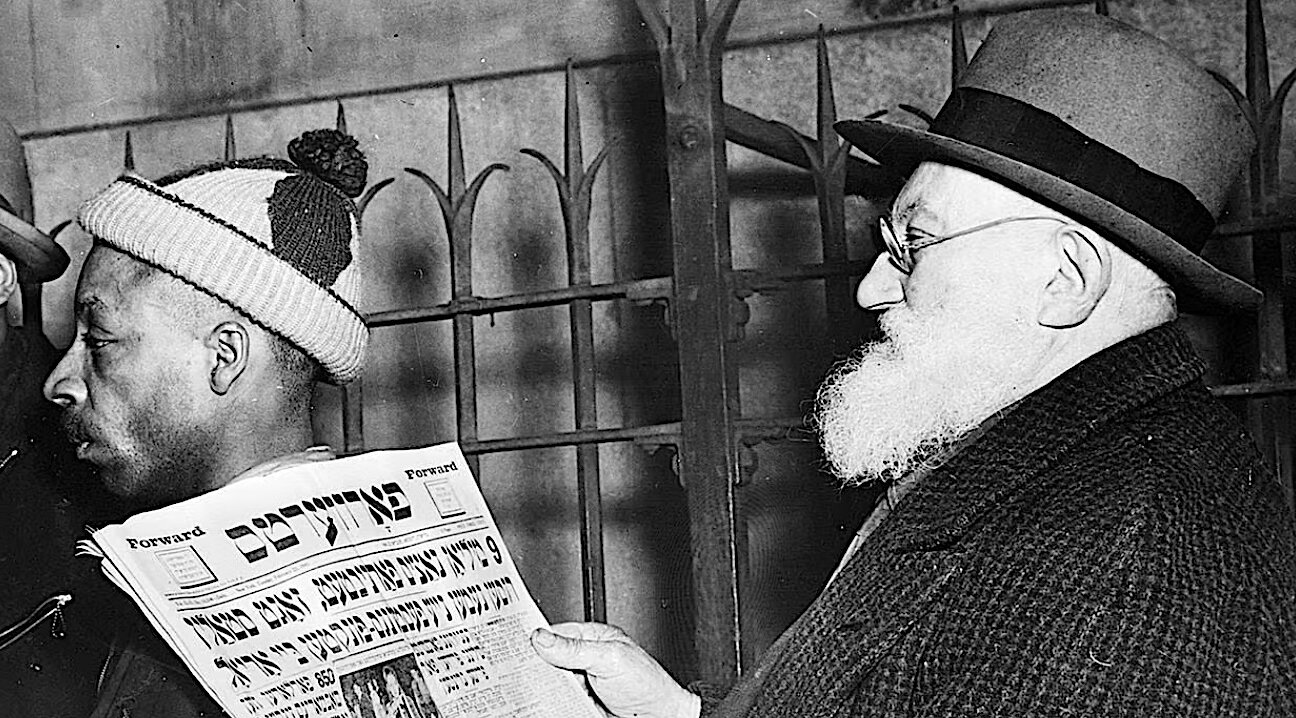When the beginning meets the end: a year in reflection from a resident of the Chelsea Hotel

Renovation Site: The building has been under construction since 2011, part of an almost decade-long renovation that started when it was sold and closed. By Amanda Chemeche
When I look back at the past year, my life seems to resemble a Rorschach test. Like the events of the past months were a blob of ink violently slapped into the center of a sheet of paper, folded in half and then pulled apart.
The beginning mirrors the ending. It all started when I departed Scotland on March 29th, 2020, letting go of an important relationship and returning to the Chelsea Hotel and to my father. Bizarrely, it ends 12 months later with me making the same farewell and taking the same journey from Edinburgh to New York City.
I don’t think that my experience — a sense of sheer exhaustion after having lived in a macabre version of the movie “Groundhog Day” — is unique. No doubt many of you have felt your days blur together as you attempt to go about work, child-rearing, leisure, everything from the limited square footage of your home, all the while knowing that people are suffering, dying from COVID-19. With the world forced on and off into various stages of lockdown, it is hard for things to progress. Things start to repeat.
Up until 2020, I functioned under the philosophy that most challenges could be overcome with enough grit and brainpower. And that they could serve as building blocks — experiences that would teach me lessons for the future. This was certainly not a belief-system that could exist in parallel to large-scale tragedies like global pandemics.
No matter how I study the abstract design formed on the page of this year, I cannot decipher a meaning. I am not sure I have come away with anything other than a haggard appearance, a new proliferation of wrinkles and a bizarre ability to resign myself to events that come my way.
I: The Beginning

Land Under Lockdown: As was the case in most of the rest of the world, Edinburgh shut down in the spring of 2020. By Dennis Conaghan
I am a folk musician and a writer. I spend half of my life in Edinburgh, and half with my father in New York City at the Chelsea Hotel. My father is a bohemian, Iraqi-Israeli artist who has lived in the hotel since 1971.
When the first lockdown occurred, I was living my own bohemian life. During the week, I lived in Dublin, where I attended Trinity College pursuing a degree in creative writing. At day I wrote and at night I performed as a drag king in the local pubs, three-piece tweed suit and all. On the weekends I took the 45-minute flight to Edinburgh where I visited a group of folk singers I called my “musical family.” I was also seeing a fellow folk musician who I’d met a year prior in the Captain’s Bar. I loved him very much.
On March 11th, the World Health Organization (W.H.O.) declared COVID-19 a global pandemic. Three days later, Trinity College closed its doors and Dublin began to go into lockdown. We were told the lockdown would last a few weeks, maybe a month. So, I moved to Edinburgh to spend it with my partner.
In a small flat in Stockbridge, I huddled under an enormous down duvet with my boyfriend and watched the news on his laptop. I recall the flickering images of mass graves being dug on Hart Island, freezer trucks being backed into hospital parking lots, alarming graphs showing surges — often rendered in a violent-looking red — of virus cases in New York. The situation devolved into something much more serious.
For two weeks, I sat in the apartment and fretted, imagining the possibility that my 87-year old father might contract the virus and die. How could I prepare for this? I wasn’t ready. There was so much I took for granted, so much more I needed to learn from him. How could I preserve his stories in time? How would I say goodbye if I were in Edinburgh? Would I even be able to?
Meanwhile, my lover hinted that my departure would mean that we would break up. The unknown duration for which we would be parted was too much for him. Not to mention the unorthodox conditions in which the relationship was structured.
I was in a quandary. Did I return to my father in New York? Or stay with my partner in Scotland?
On March 29th, I said a heart-wrenching goodbye to him. From an empty Edinburgh Airport that resembled something out of a “Twilight Zone” episode, I boarded a plane for New York.
The Hotel

Renovation Site: The building has been under construction since 2011, part of an almost decade-long renovation that started when it was sold and closed. By Amanda Chemeche
I remember what it was like moving back into the Chelsea Hotel during the first lockdown. I had felt something similar before. The building has been under construction since 2011, part of an almost decade-long renovation that started when it was sold and closed. Over that period, violations of safety regulations had resulted in many stop work orders. I was used to looking down marble halls full of abandoned equipment, doors to empty rooms left ajar with padlocks unfastened, loose wires in the ceiling left dangling down. But always a few hours later, someone cleaned it up. It never lasted long.
During the pandemic, the situation was different. Work was paused, wheelbarrows and tools left in the halls like before. But now sights and sounds took on new meanings. Seeing residents and hotel staff clad in face coverings, plastic gloves and the odd hazmat suit reminded me of movies like “Outbreak” and “Contagion.” Hearing the soppy, wet swish-swish of someone swabbing down the hotel halls with buckets of disinfectant-rich water was traumatic. The sounds of footfalls or the bleep-bleep of a janitor’s walkie talkie summoned up more macabre counter-images: EMTs, cops, gurneys.
It felt like the building, along with the city, was holding its breath. Sucking in all its air in an attempt to deflect a virus whose transmission we still didn’t quite understand. It was a ghost building nested within the ghost town of New York City. Everything looked frozen in time. As if everyone in the hotel had stopped what they were doing mid-motion and just left.
The Father:

The Artist and a Friend: George Chemeche poses in his home. Image by Courtesy of Amanda Chemeche
Against the backdrop of a world in crisis, my father, in his small apartment, seemed to exist separate from it all.
Fifteen years earlier, he underwent a triple bypass and started to go deaf. He stopped painting and closed his studio. He became an author, working away on a computer to express his ideas in a manner that did not require hearing or physical exertion. He transformed his apartment into a place that could furnish his needs in a way that the world couldn’t.
I stepped into a glowing flat. Atop a 19th Century cast-iron stove sat a reproduction Tiffany Lily Lamp that had 24 blooms, all alight. The track lighting on the ceilings was aimed at rows of wooden antiques that shone under their heat. Framed pages of the Quran, with gilded illuminations, twinkled.
I bypassed the living room on my way to self-isolating in the lone bedroom. It had a charm of its own: stacks of over 100 paintings leaning against one wall. The far right-hand corner was dominated by the bathroom made of glass. With the lights on inside, it turned into an enormous lantern.
The father I encountered by proxy — through email or phone calls — was unaffected by the world at large. He was happily ensconced in the TV room, playing online chess, scribbling out poems or working on his fourth (or was it fifth?) book. In the evenings, he chatted to his partner on his hard-of-hearing phone. She lives in Park Slope.
Dad did not seem concerned about the impending months of isolation he would face. He was an artist, he reasoned, used to being alone for hours at a time creating.

Up in the Old Hotel: The Chemeche dwelling in the Chelsea Hotel. Courtesy of Amanda Chemeche
My relief at his security was only momentary. I did exist within the context of the broader world and the alarm at the potential loss that I felt while in Scotland was only made worse as I monitored the news and the interminable, traumatic wailing of sirens that punctuated an otherwise silent New York at all hours.
And so, imagining a myriad list of losses, I bent my mind to willing them not to happen. If I ordered him towers of AmazonFresh boxes of supplies he wouldn’t go outside. If I emailed him Kindle Ebooks he wouldn’t get bored. If I sent him chocolates he would know I loved him. If I took on the herculean — and impossible — task of documenting his stories, perhaps I wouldn’t feel the loss as keenly if it came. After all, stories can be a sort of afterlife.
From the end of March to the middle of June, I obsessively worked away on a computer in a small bedroom stacked full of my father’s artwork and blocked my mind from the present.
II:
The End

An Unlikely Locale: The author found a sense of community at George Bower Butchers in Edinburgh. By Dennis Conaghan
Like I said, the beginning mirrors the end.
By February 2021, I was living alone in Edinburgh in a small flat on Broughton Street located between the New Town and Leith Walk. I was not living my best, bohemian life. I was not singing. I was barely writing. It was during the UK’s third complete lockdown. Over Christmas, a new, more virulent variant of COVID surged through the UK. In an effort to stop its spread, they shut nearly everything down.
My life was filled with rituals meant to break up blurring days. Every morning, I made a 10-to-15 mile circuit through the city. Edinburgh is a UNESCO World Heritage Site. My journeys took me through medieval and neoclassical buildings, public parks and a dead volcano, train stations and sea ports.
I stopped by various grocers, picking up unnecessary things. My favorite was George Bower Butchers. During each visit, I basked in the dulcet tones of his northern accent suggesting that I purchase a pheasant, a cow’s heart or maybe a rabbit. I obliged him. I am a terrible cook so most meats were reduced to charred lumps. Still I went back. I don’t know if it was to buy goods or minutes of human interaction. I was that lonely.

Captains Bar: Amanda Chemeche became a fixture at the Edinburgh bar scene before the lockdown. By Dennis Conaghan
The months dealt me something of a battering. I returned to Scotland by mid-summer in the hopes that the folk music scene would open up and in pursuit of the relationship that I lost in March. Things didn’t go as planned. I had become severely ill. I witnessed a parent become homeless when her landlord kicked her out of his building at the start of lockdown. My childhood dog died of a heart attack. I lost family and friends — literally and metaphorically — to a myriad of ailments running the gamut from COVID-19 to addiction.
My relationship with my partner briefly rekindled over the summer, then disintegrated fantastically. The pressure cooker of living through several lockdowns magnified the toxic effects of the internet, isolation, grudges, insecurity and substance abuse. Things got darker than I could ever have imagined.
Superficially speaking, I looked worse for wear. A new collection of wrinkles framed my eyes and brow. My skin was dull. My thighs had expanded. I lived almost exclusively in sweatpants. In a sad attempt to “jazz it up” I bought a pair in rainbow tie-dye. It only made the whole affair more depressing.
On a bone-deep level I was affected too. I was certainly depressed: sleeping, drinking and eating miserably for months. But I also became resigned, had no expectations. My attempts at anticipating things drained away.
During the first lockdown I imagined tragedies — economic, physical, emotional — that could befall my relations and tried to prevent them from happening. After a year where not just my circumstances but that of the world seemed to change daily, I found myself doubly burdened by the weight of both real and projected events. I could no longer afford to do that.
Now I accepted that things were out of my control. No point in fretting until they happened. It was my job to determine when I could do something and when I couldn’t. When to try and when to quit.
That month, my ex and I were in a particularly bleak moment. Both in pain but unable to separate, we limped along aided by various drugs, booze and lascivious activities.
I had to make a decision. Should I stay or walk away? He had been in my life for two years. Was there any way to save this thing? He was my best friend. Did I have the strength to mourn him?
Then, on February 3rd, my father called me. I was surprised to see his name light up the screen of my phone. We exchange the odd email but he has always found modern communication tedious. “Abba?”
“Booba.” He used the Hebrew word for doll. He sounded as anxious as his old-school dignity would allow. “Would you please tell me…when do you think you can come back?” Hesitantly he elaborated — he was lonely and he wasn’t feeling well.
His partner got on the line, “You need to come home now. Be prepared for a big change.”
It took several weeks to return to the USA. Flights from Edinburgh were often cancelled.
In that time, I compared the existential threat to my relationship to that of the threat to my father’s health. Sadly, I concluded then that my relationship was long dead. In my inability to accept what happened, I was in effect courting a ghost. You can’t bring back a dead thing no matter how hard you try.
On the other hand, my father wasn’t gone yet. I could help. Maybe he would recover. Maybe he wouldn’t. That was OK too. My presence with him, biding our time together, would be enough.
On March 1st, 2020, I once again entered an eerily empty Edinburgh Airport. Knowing that this time there would be no re-union, no reconciliation with my ex, I boarded the plane to New York.
The Hotel

In the Chelsea Hotel: Once empty, the lobby of the hotel is now filled with kitsch, new furniture that seems to clash on purpose. By Amanda Chemeche
On March 2nd, I stepped into a Chelsea Hotel that was no longer silent. It buzzed with life and progress. I could hear the clack of high heels as people went out for dinner, dressed in something other than sweats. There were the long, protracted barks of dogs now allowed to clamber onto one another and tangle their owners’ leashes. There were conversations between neighbors, sometimes the odd altercation. Guests came and went too.
Then there was the sound of construction. The hotel shook with it. Plasterers lined the halls swiping over the sheet rock that covered the old walls. New doors were fitted into the empty apartments. Blue lights glowed around the keyholes. The elevators were now a shiny-black with faux-Victorian iron panels that framed the buttons.
Once empty, the lobby was now filled with kitsch, new furniture that clashed on purpose. The designer, I think, hoped it would look like the worn down, hodge-podge of stuff that bedecked the hotel before.
“It looks like a fucking yard sale,” I heard a resident mutter under his breath.
The most shocking transformation was to the spiral staircase. It runs through the center of the building from the ground floor to the 11th.. For decades the portion that filled the lobby was walled off for privacy (I find this ironic since Stanley Bard used to put his “problem tenants” on the first floor where he could keep an eye on them. It was in a first floor apartment where Sid Vicious stabbed Nancy Spungeon.) The ceiling and the wall had been removed. Now, the staircase, decorated with curling iron arabesques and sunflowers, dramatically cut across the far wall of the lobby at a 45 degree angle and was finished off with a giant newel post. A bright, new concierge’s desk was fitted under the staircase, where the staff —framed by the ironwork like works of art themselves — stood.
The management hoped to have the building finished within the year. The Chelsea Hotel was edging towards a rebirth.
The Father
My father’s environment and that of the Hotel, it seemed, had reversed.
I returned to a home I did not recognize. Things were dreary and dull. The lights weren’t on. The African art gathered dust on the surrounding shelves. The framed Quran page was tilted to the side on the wall. The Persian carpets on the floor were bunched up where someone had tripped and not bothered to fix them.
My father’s touch was gone and with it, the spirit of the room. The place was wilted by the exhaustion of the human stasis that surrounded it.
In the TV room, leaning back in his easy chair, my father sat with his legs raised onto a stool to prevent fluid from pooling in his ankles, He was grey-colored. He clasped a blanket around his shoulders and, underneath it, his iconic kimono was wrinkled and stained. His hair stuck up on the back of his head from sleeping too much.
It seemed that dad had found a different way to pass the interminable hours of isolation, through unconsciousness. He slept most days, his girlfriend explained to me. Dad no longer wrote poetry, worked on his book, or played online chess. When I took his hand it was cold and his eyes, dull, pleaded with me. “I don’t want to live anymore,” he told me.
Within a week of seeing me, his constitution collapsed. It was previously undetected sepsis. When he went to the hospital he told the doctors he did not want treatment, he would rather be let go. Doctors told me he shouldn’t be like this, that despite the illness, he should recover his full strength but he was not doing it. “Let me die,” he told me again.
COVID-19 was not what caused my father to finally decline. The nearly year-long isolation did it.
III:
The Beginning Meets the End
There is a song that I always sang in the folk pubs. My ex used to call it my, look at me song. Every performer has one, he said, it’s the song you sing best, the one that gets the crowd going. Mine is “Wayfaring Stranger,” an old-time Appalachian ballad. I first heard it when I was watching the movie “Cold Mountain.” The soundtrack was produced by T-Bone Burnett.
The song is about accepting the trials of day to day life and looking forward to going “home.” It has Christian connotations but I took a secular approach to it. The song is referring to heaven but for me it symbolizes returning to my father.

A Wayfaring Stranger: Chemeche found meaning and resonance in an old-time Appalachian ballad. By Dennis Conaghan
Up until 2020, “Wayfaring Stranger” represented what my dad told me as a girl: no matter where I was in the world, no matter what difficulties I encountered, I could always come to the Chelsea. I grew up on tour with my mother, an international opera singer. I was immersed in the volatile world of stage performance and travel. My father is stability. He and the apartment have been a constant throughout my life: same address, same phone number. He was always home, always on the other end of the line.
In 2021, I connect more with the song’s acceptance of life’s hardships — “I know dark clouds will hover over me, I know my pathway is rough and steep! But golden fields lie out before me, where weary eyes no more will weep!”
In the past year, I have journeyed back to my father and the Chelsea Hotel twice: on March 2020 and on March 2021. In the months since my return, my father has regained some of his strength and personality but he will never be the same. He sleeps a lot. He looks old. He gets confused sometimes too. Age has finally caught up with him. Still, we exist in a state of contentment. I play chess with my father, help him with his book, I listen to his stories. We are grateful for the time we have in the present.
Amanda Chemeche is a queer writer and folk musician living between Edinburgh and NYC. A Yale and Trinity College Dublin alumni, they are currently working on their first book and completing a Creative Writing MFA at Columbia University.
A message from our Publisher & CEO Rachel Fishman Feddersen

I hope you appreciated this article. Before you go, I’d like to ask you to please support the Forward’s award-winning, nonprofit journalism so that we can be prepared for whatever news 2025 brings.
At a time when other newsrooms are closing or cutting back, the Forward has removed its paywall and invested additional resources to report on the ground from Israel and around the U.S. on the impact of the war, rising antisemitism and polarized discourse.
Readers like you make it all possible. Support our work by becoming a Forward Member and connect with our journalism and your community.
— Rachel Fishman Feddersen, Publisher and CEO







